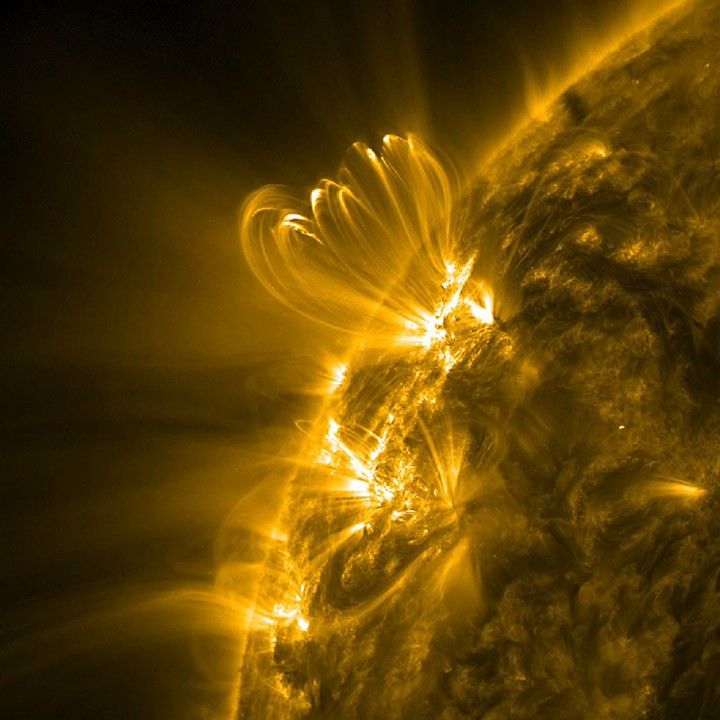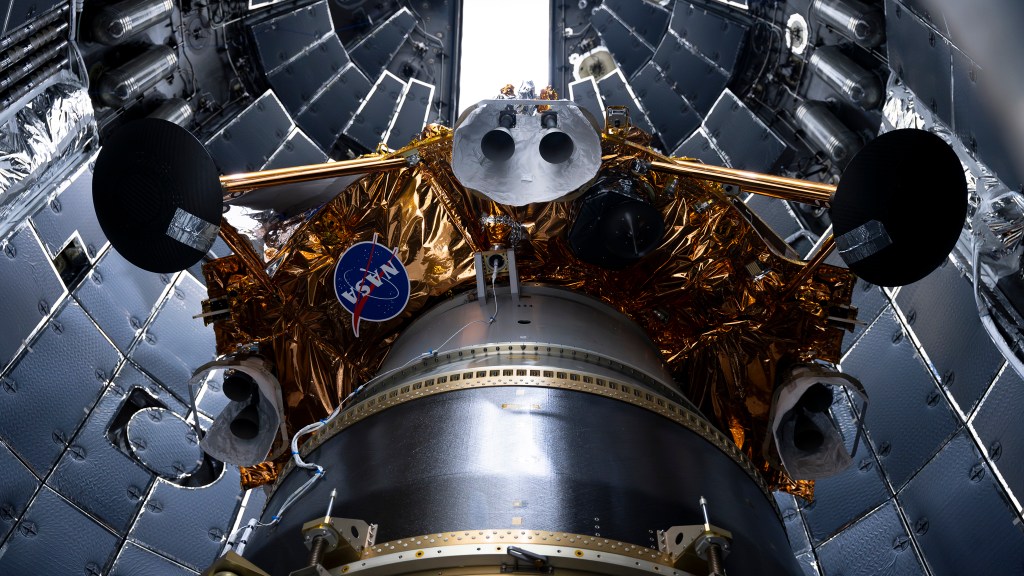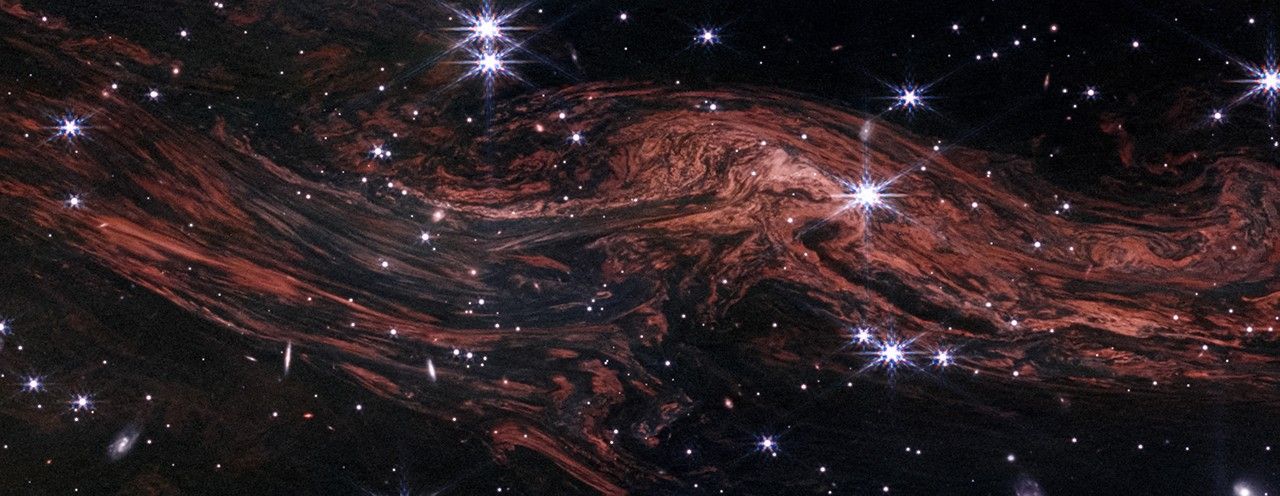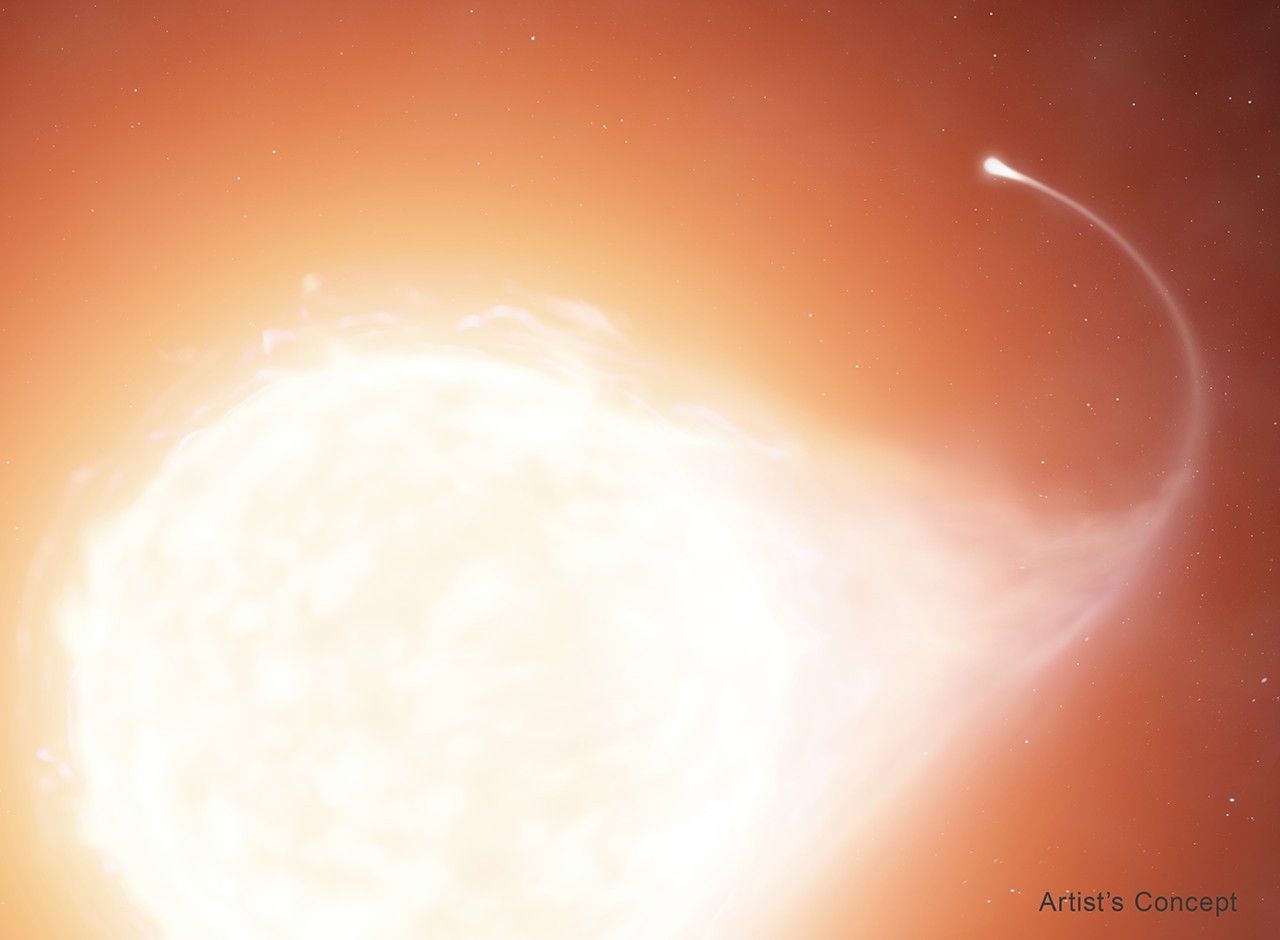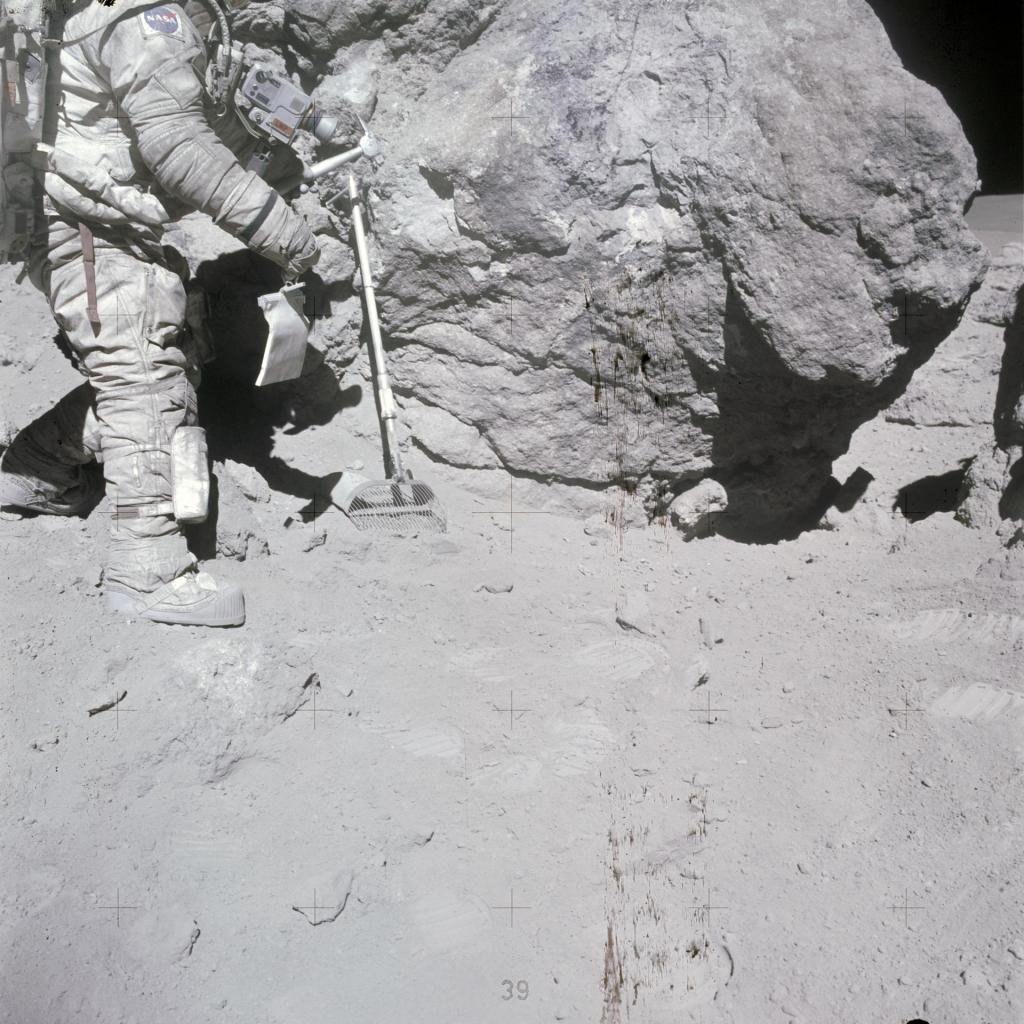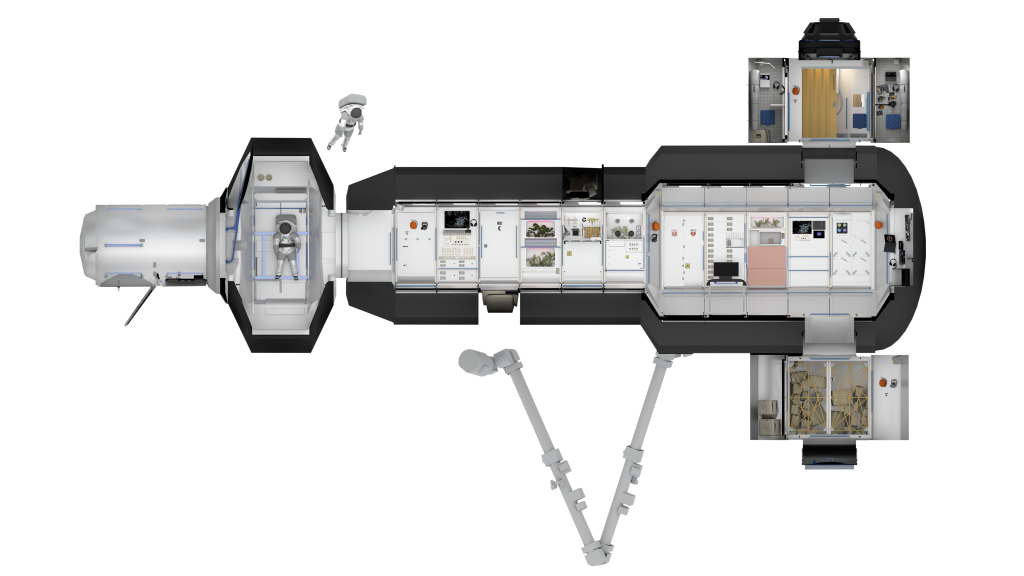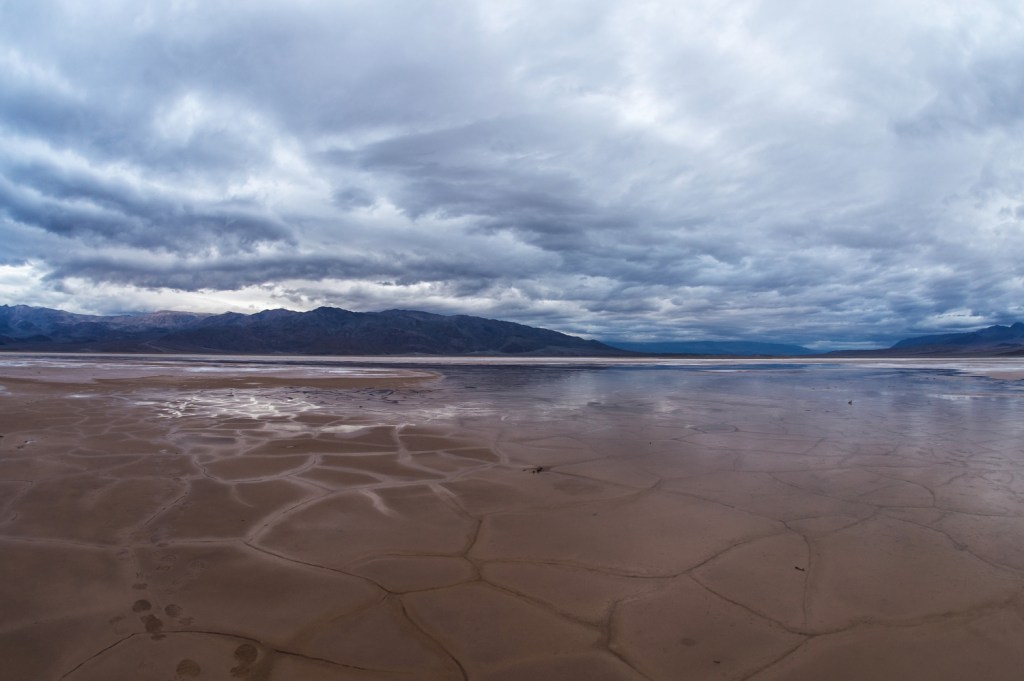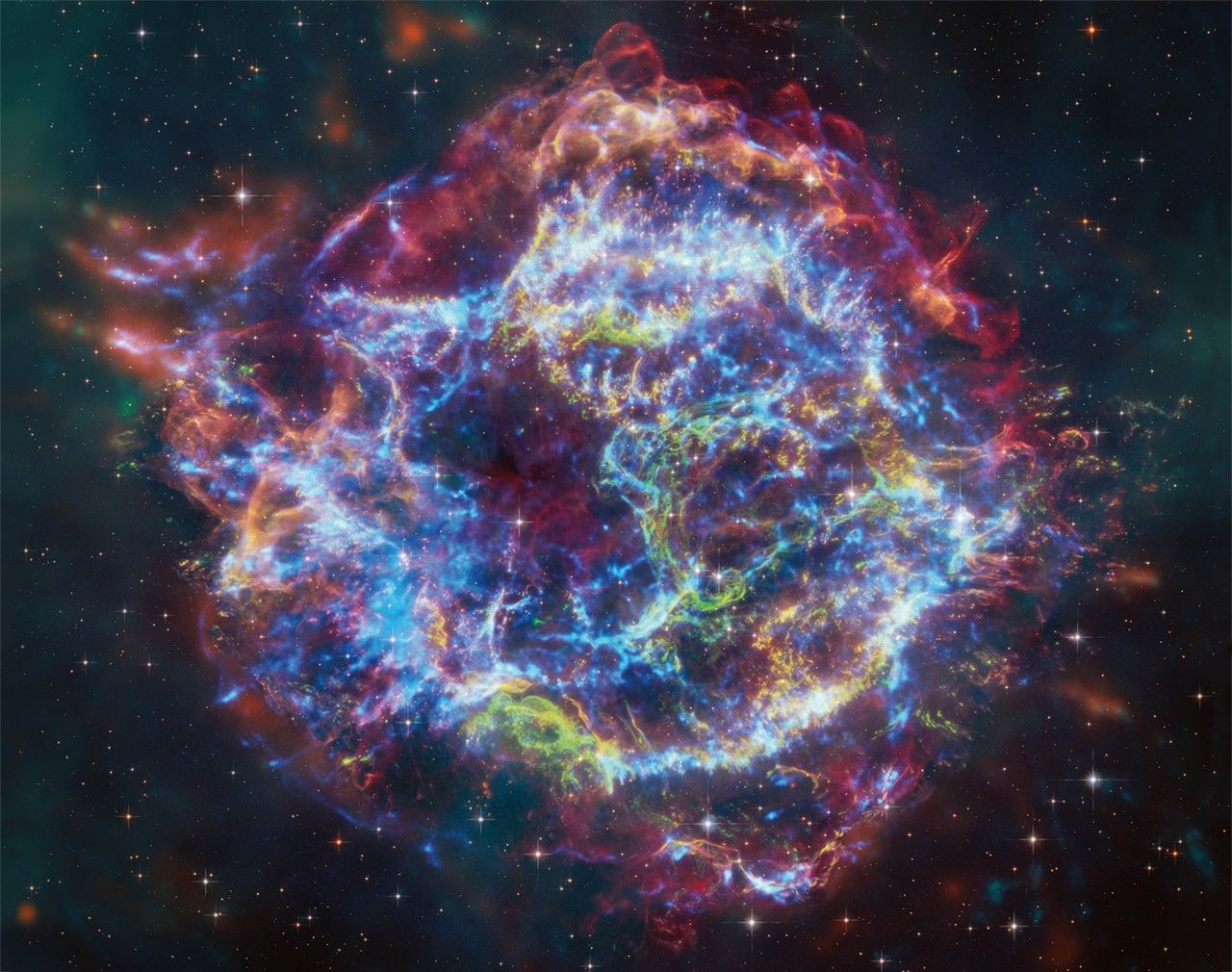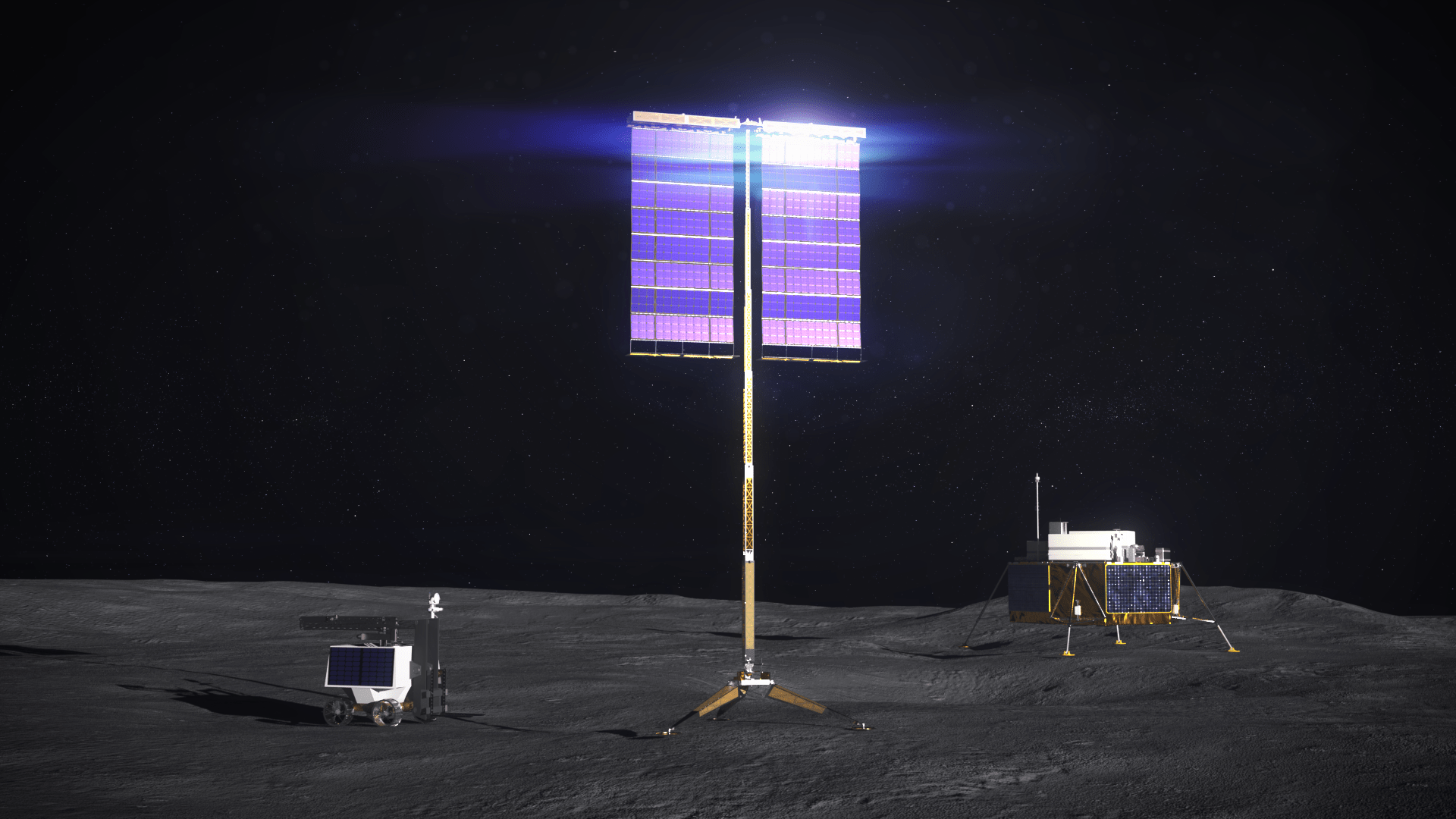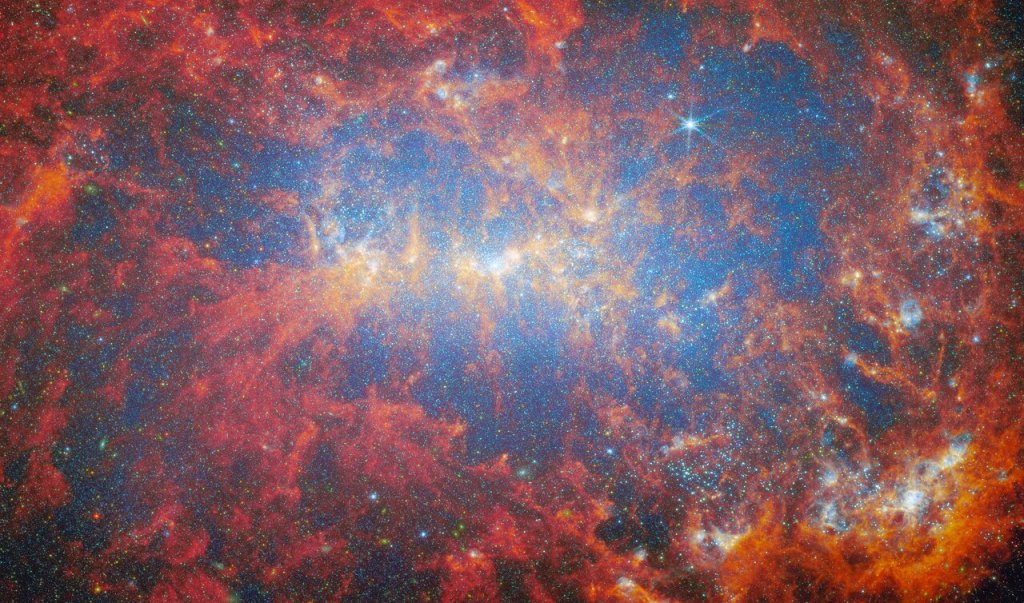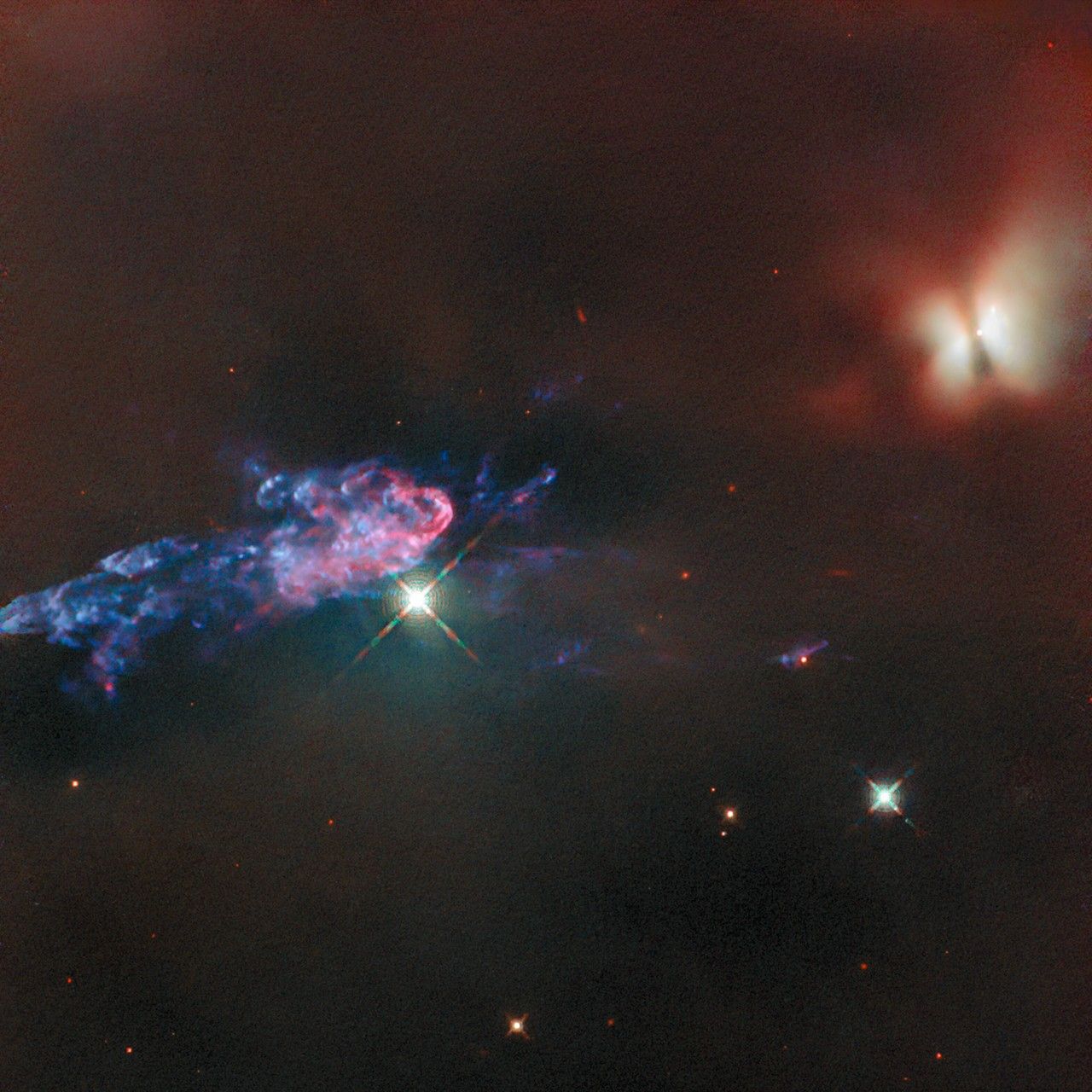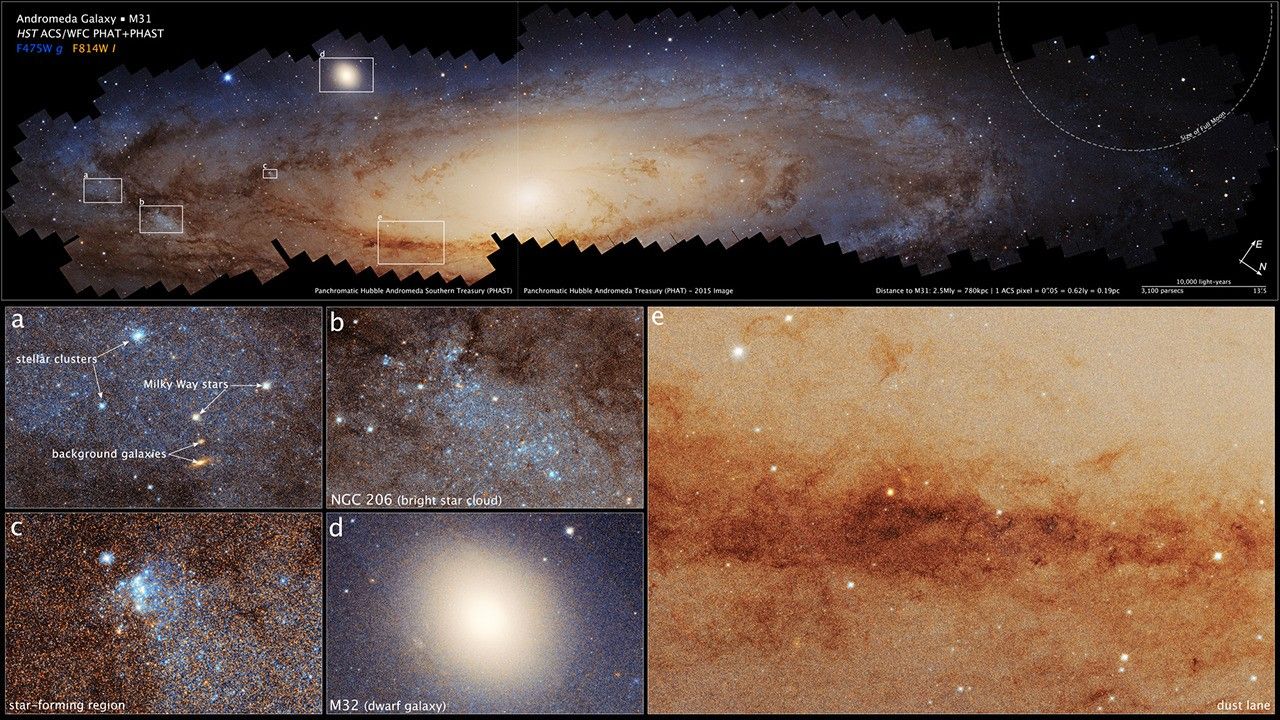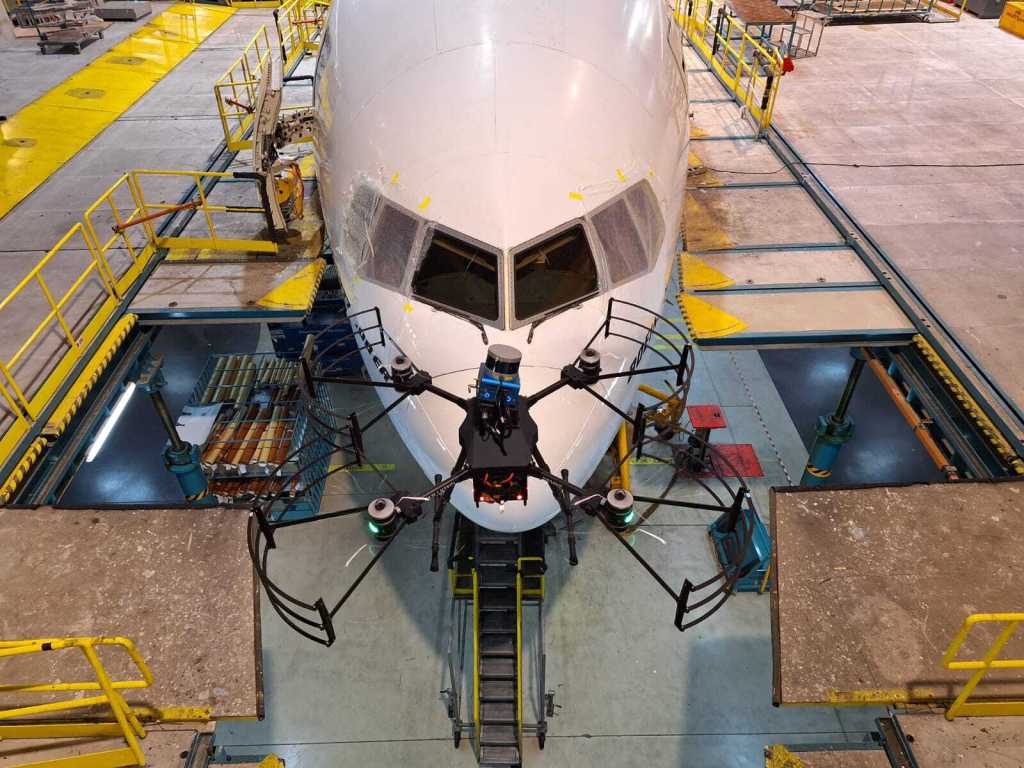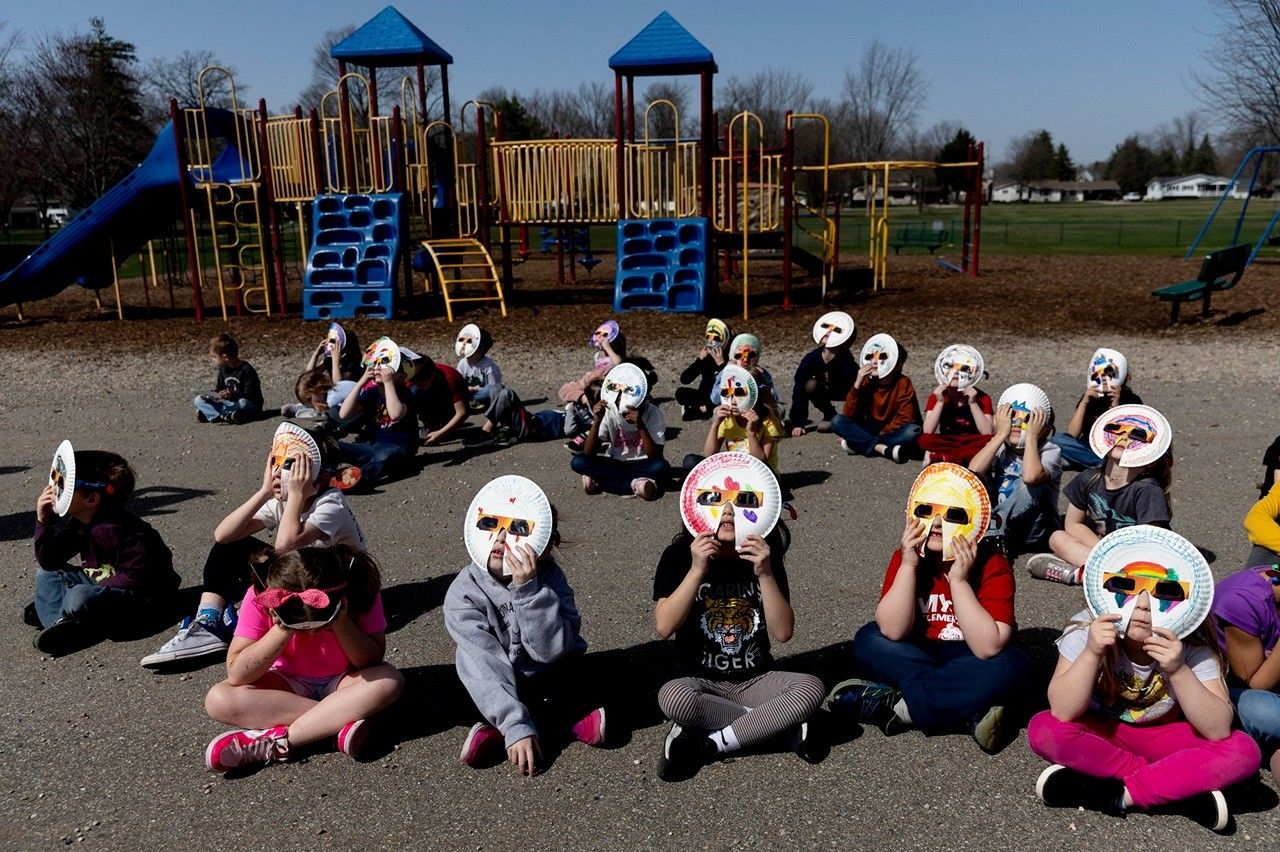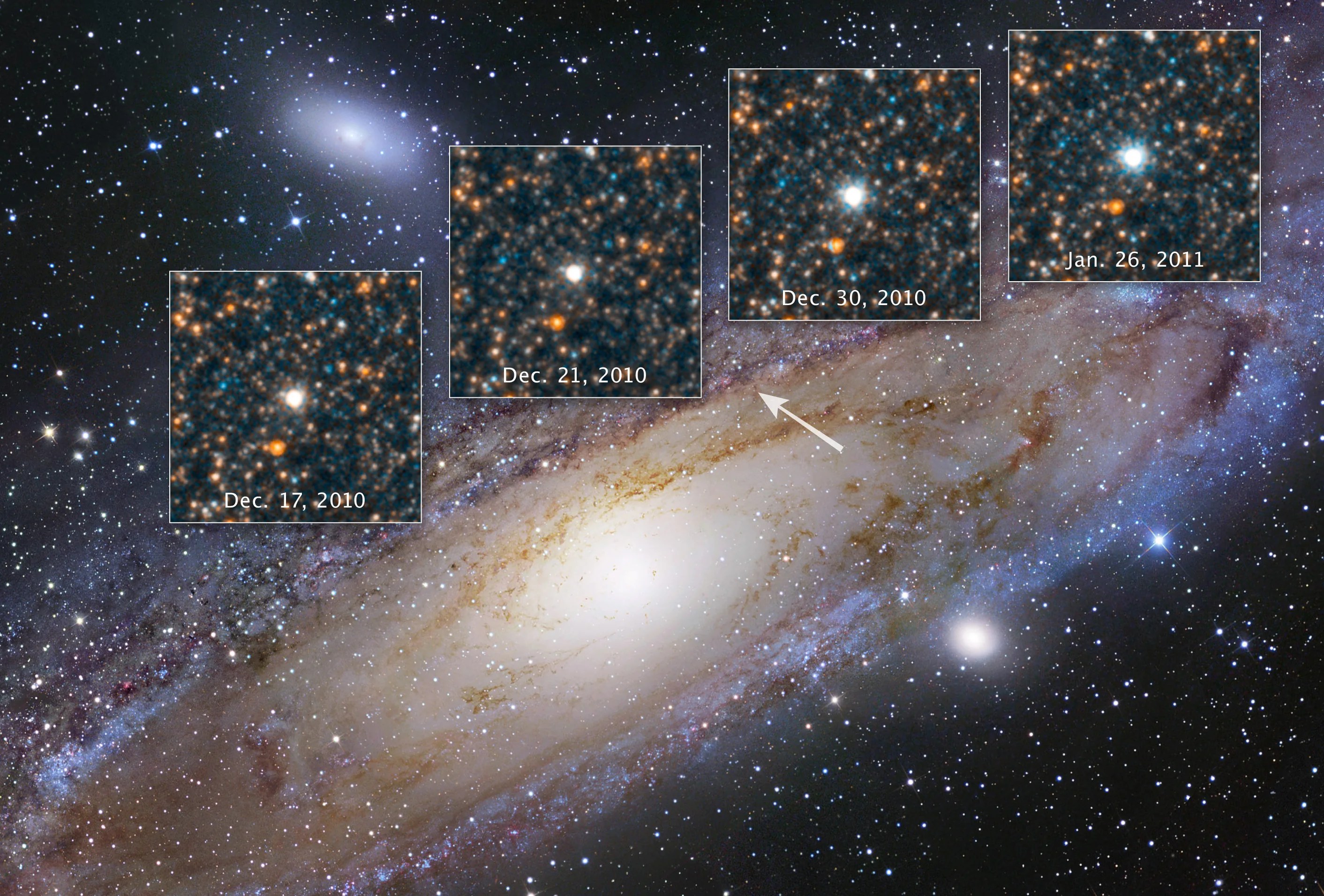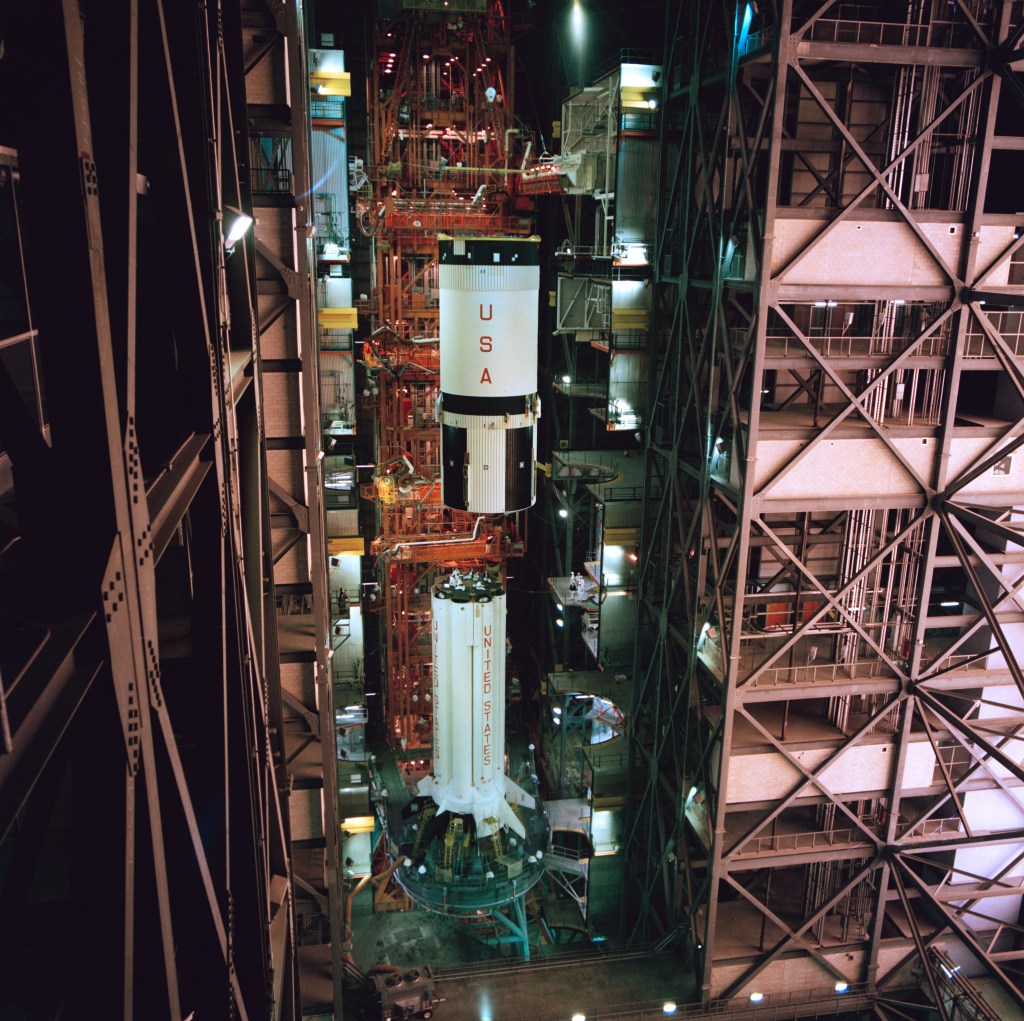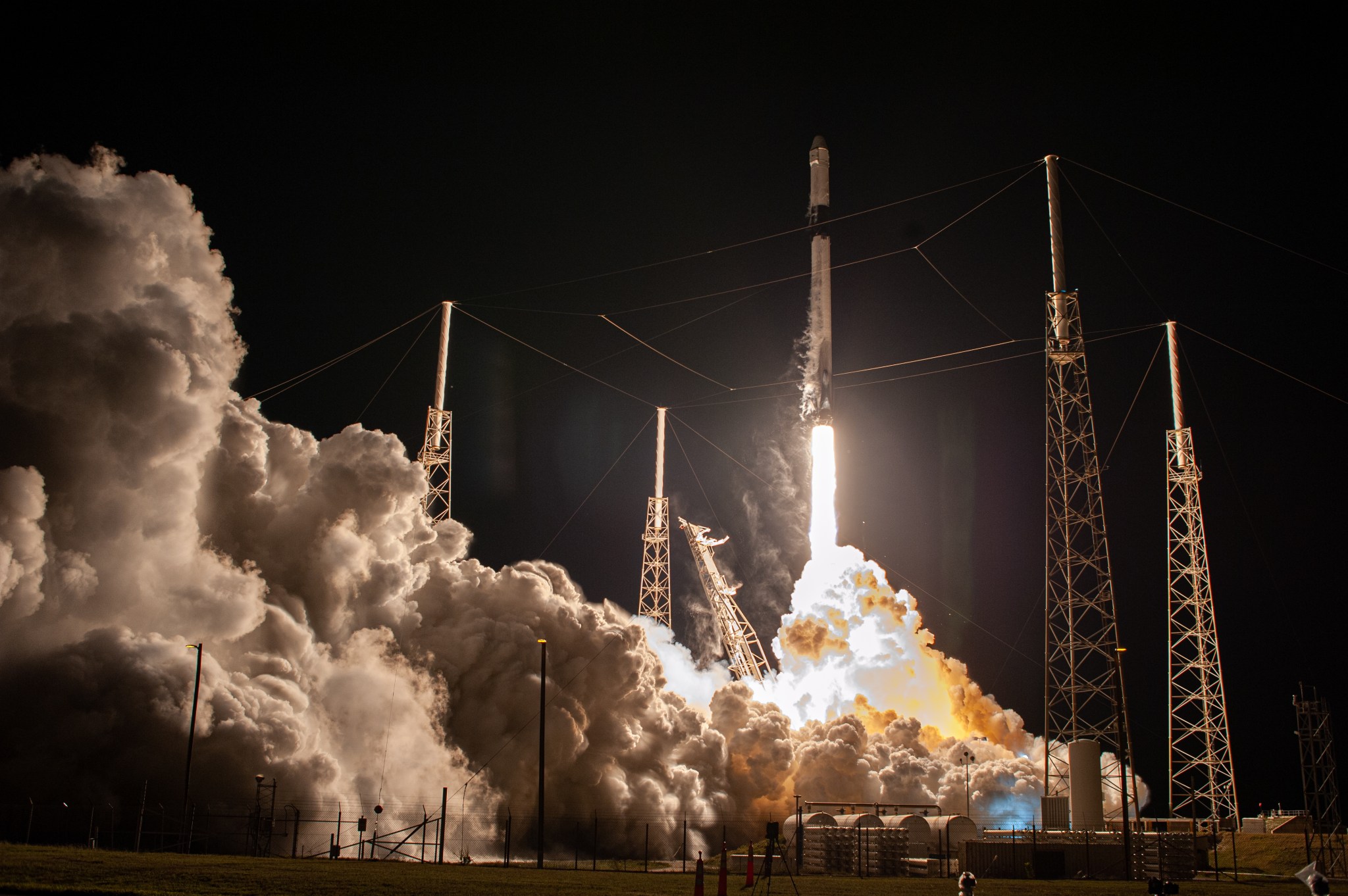
Editor’s Note: This advisory was updated on Nov. 9, 2020, to reflect the new targeted launch date/time of no earlier than 12:50 p.m. EST Wednesday, Dec. 2.
Media accreditation is open for the launch of the next SpaceX delivery of NASA science investigations, supplies, and equipment to the International Space Station.
This mission will be the first cargo resupply mission on the company’s upgraded version of its Dragon spacecraft and is targeted to launch on a Falcon 9 rocket from Launch Complex 39A at NASA’s Kennedy Space Center in Florida no earlier than 12:50 p.m. EST Wednesday, Dec. 2.
Media prelaunch and launch activities will take place at Kennedy. Credentialing deadlines are as follows:
- International media residing in the United States must apply by 4:30 p.m. EST on Sunday, Nov. 1.
- U.S. media must apply by 4:30 p.m. EST on Sunday, Nov. 15.
All media accreditation requests should be submitted online at:
Media with special logistics requests for Kennedy, such as space for satellite trucks, tents or electrical connections must contact Jerry Bernfeld at jerrold.s.bernfeld@nasa.gov by Sunday, Nov. 15.
For questions about accreditation, please email ksc-media-accreditat@mail.nasa.gov. For other questions, contact Kennedy’s newsroom at 321-867-2468.
The Nanoracks Bishop Airlock is packed in the Dragon spacecraft’s trunk for its ride to the orbiting laboratory. The first commercially funded space station airlock – an airtight segment used for transfer of payloads between the inside and outside of the station – will provide payload hosting, robotics testing, and satellite deployment while also serving as an outside toolbox for astronauts conducting spacewalks.
Among the investigations riding inside the Dragon’s pressurized capsule will be a variety of research, including studies on the effects of microgravity on cardiovascular cells and how space conditions affect the interaction between microbes and minerals, as well as a technology demonstration of a blood analysis tool in space.
Each resupply mission to the station delivers scientific investigations in the areas of biology and biotechnology, physical sciences, and Earth and space science. Advances in these areas will help to keep astronauts healthy during long-duration space travel and demonstrate technologies for future human and robotic exploration beyond low-Earth orbit to the Moon and Mars. Space station research through the ISS National Lab also provides opportunities for other U.S. government agencies, private industry, and academic and research institutions to conduct microgravity research that leads to new technologies, medical treatments, and products that improve life on Earth.
This is the 21st SpaceX mission to deliver science investigations, supplies, and equipment for NASA and the first under the agency’s second Commercial Resupply Services (CRS-2) contract. Cargo resupply from U.S. companies ensures a national capability to deliver critical science research to the space station, significantly increasing NASA’s ability to conduct new investigations at the only laboratory in space. With this first flight under the CRS-2 contract, SpaceX and NASA will build upon the success of the missions flown under the first commercial resupply contract. SpaceX has completed 20 Dragon missions to and from the space station, providing more than 95,000 pounds of supplies and 75,000 pounds of return mass.
The International Space Station is a convergence of science, technology, and human innovation that demonstrates new technologies and enables research not possible on Earth. The space station has been occupied continuously since November 2000. In that time, 241 people and a variety of international and commercial spacecraft have visited the orbiting laboratory. The space station remains the springboard to NASA’s next great leap in exploration, including future missions to the Moon and eventually to Mars.
For launch countdown coverage, NASA’s launch blog, and more information about the mission, visit:
-end-
Stephanie Schierholz
Headquarters, Washington
202-358-1100
stephanie.schierholz@nasa.gov
Kenna Pell
Kennedy Space Center, Fla.
321-501-0625
kenna.m.pell@nasa.gov

